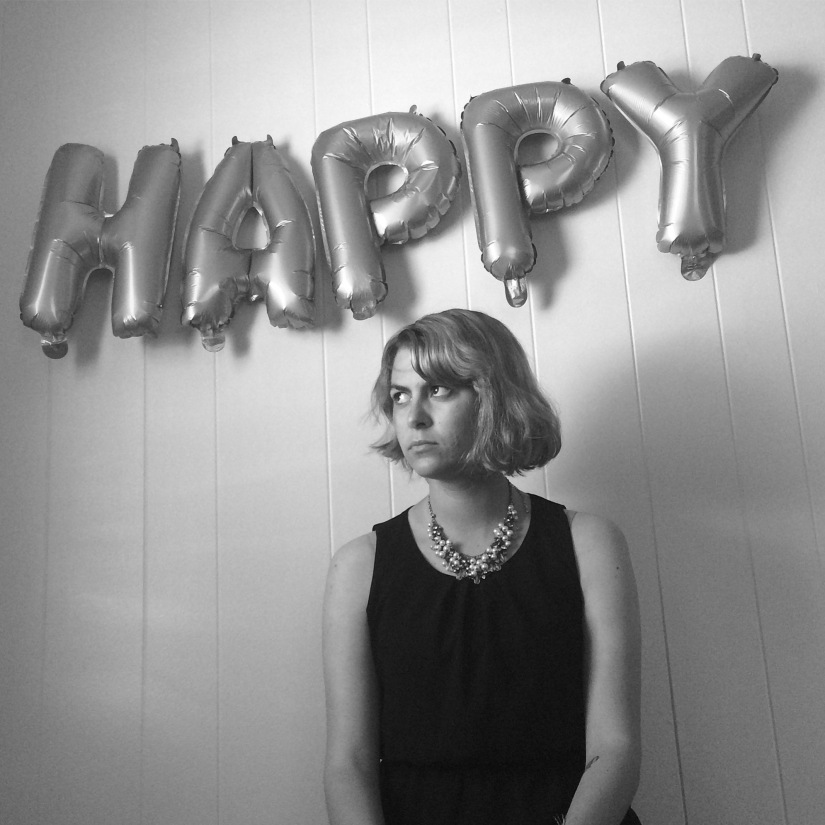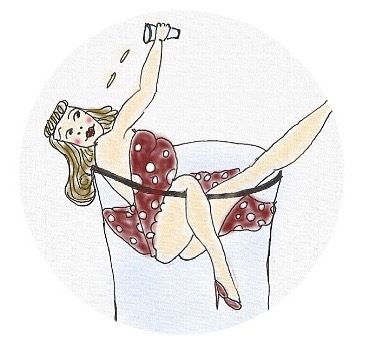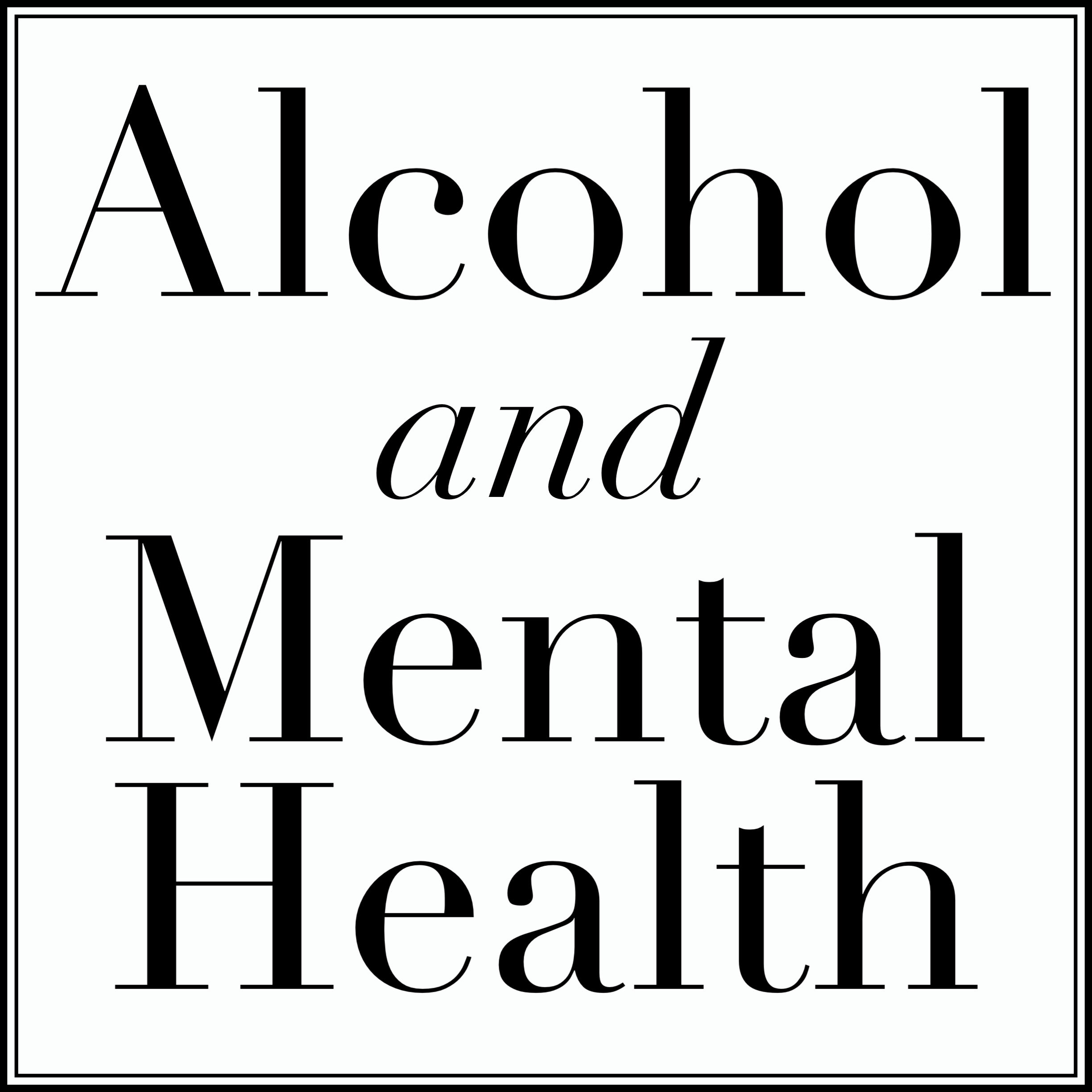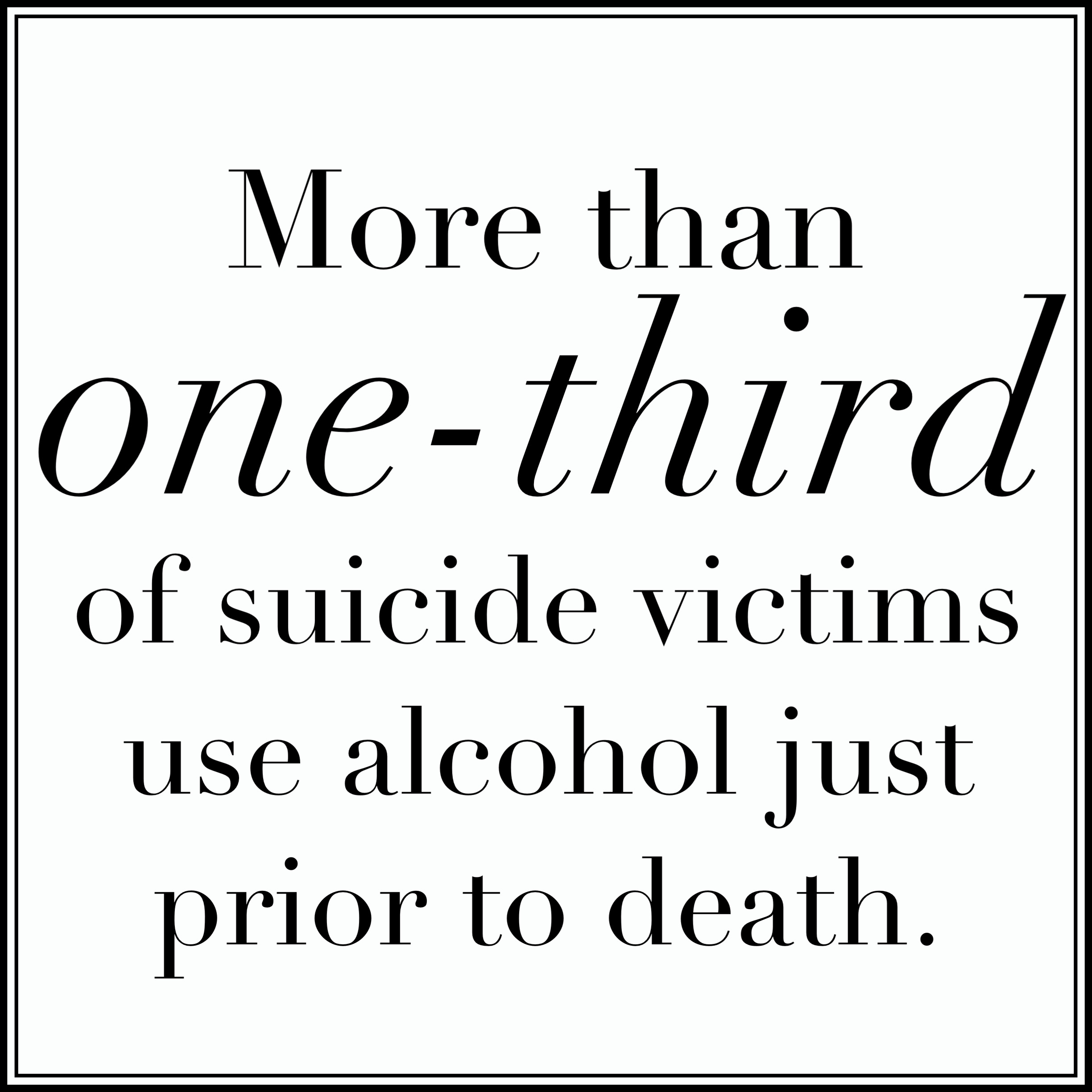
Social media tends to be my “happy place” – I usually only post pictures of things that make my life seem fun, happy, and interesting. But recently, I have not been well. Mental illness is a very real thing. I’ve struggled with depression most of my life. A bipolar diagnosis was both scary and enlightening. My most recent downward spiral landed me in the hospital for 5 days, disabled me to the point where I had to leave a job I absolutely loved, and (gasp) I haven’t had a beer in 50+ days. There are days where I wouldn’t leave my bed if it weren’t for my lovingly stubborn husband forcing me to. I am trying my best to land back on my feet, but to be honest, I’m still struggling. With vulnerability and humility, I offer you this blog post of things that have helped me as I continue to navigate the journey of mental health.
Happiness is NOT a state of being.
The best thing a therapist has ever told me was that happiness is not a state of being. We can’t be happy all the time. No emotion is a state of being – our emotions change, and that’s normal. Striving to reach a constant state of happiness is impossible, and trying will only lead to disappointment. Learning how to regulate and react to our emotions is the key to success. We can do this with a variety of tools – and of course, what works for everybody varies. For some people, it may mean working to change their automatic/reaction thoughts. For others it might mean going for a walk, yoga, or dinner with friends. It may mean medication and therapy. It could often mean a combination of all these things. I want to share with you four things I was challenged to do EVERYDAY on my journey of Relearning Happiness that have really helped me:
1.) Self Care
I’m sure the concept of self care is not a new one to many of you. What it means in the simplest terms is taking care of yourself. This includes taking any medication you may be on as prescribed, eating healthy foods, getting physical exercise, making time to relax, and practicing good sleep hygiene.
Taking your meds as prescribed is important – missed doses can really mess with you both emotionally and physically. If you don’t feel like the medicine you are on is working or if you don’t like the side effects, talk to your doctor! Make a list of what you want to say so when you are communicating with them you can be articulate with your needs and wants. Do not ever go off your meds cold turkey without consulting a doc first. They’ll be able to tell you if/how to ween yourself off – trust me on this one, the withdrawal effects can be gnarly!
Eating healthy foods and exercising are not generally my strengths. Fortunately, I am married to a vegan marathon runner who loves to cook, so some of his good habits rub off (or are forced) on me. For me the key to eating well is finding healthy food that tastes good to me. Don’t force yourself to eat something disgusting just because it is supposedly good for you. Spend some time on the web hunting through recipes that sound good to you, and have fun making them! Additionally, don’t feel guilty for indulging in unhealthy foods that you enjoy. It is absolutely okay to treat yourself on occasion, and yummy “bad” foods can contribute as much to happiness and well being as healthy food. As far as exercising goes, I don’t really enjoy going to the gym or other traditional workout methods. But that’s okay! I try to think outside of the box, and find fun exercise that works for me. My current favorite is hula hooping! Unfortunately, when dealing with depression, the motivation to simply get out of bed can be nonexistent. I have found that forcing myself to go on a short walk around the block is a good place to start.
Finding time to intentionally relax is important. Note that I said intentionally! Schedule times in your day dedicated completely to an activity that relaxes you – meditating, yoga, praying, deep breathing – whatever works for you! Additionally, work on your sleep hygiene – that is, get in a habit of practices that allow you to have sufficient, high quality nighttime sleep. My personal nightly bedtime routine starts an hour before I plan on going to bed. It consists of turning my phone on airplane mode and plugging it in for the night, abstaining from looking at any screens (tv, computer, etc), dimming the lights, making some caffeine-free tea, lighting a candle, and reading in bed. I also make sure to start this routine early enough that I will be able to get at least 8 hours of sleep.
Looking for more suggestions on self care and self love? I highly recommend the book This Is About You: Amazing, Weird, Beautiful You by Mary England of the blog Uncustomary.
2.) Journaling
If journals haven’t worked in the past for you, I can relate. But I think once you abandon the idea of a traditional journal, you may find it a very beneficial tool.
When I was a kid I was enamored with all the cool, cute, and beautiful journals and diaries available. I tried time after time to be a diary girl. I would write every detail of everyday into them…for a few days. Then I would skip a day, a week, or a month, and give up on it all together despite only being a few pages in. It was super defeating and I dreaded the stress, but it didn’t stop me when the next pretty diary came along. It was a vicious cycle.
My freshmen year of high school, I had a glorious revelation – a journal doesn’t have to be a detailed record of every single day. A journal doesn’t have to have a specific format. It can be a complete free-flowing train-of-thought ramble sans punctuation. It can be something you don’t write in for months, and decide to pick up again. One page could contain your deepest thoughts, the next a doodle, and the next your weekly grocery list. There are no rules! You don’t like the idea of a notebook? Try typing in a word document or starting a blog! Get a tumblr and reblog pictures, quotes, or gifs that express your feelings. The options are endless!
The benefits of journaling are that it slows down your thoughts – you can only write so fast! It can also help sort out/process thoughts and emotions. Additionally, it’s nice to have a record of sorts, to help find behavior patterns and identify repeating thoughts and emotions.
Looking for ideas of what to write? There are TONS of journal prompts online. I’d also like to recommend the book Let It Out: A Journey Through Journaling by Katie Dalebout, of the podcast ‘Let It Out’.
3.) Play
Engaging in play seems simple and maybe even silly, but it is truly an important part of recovery! Rediscover old things you once liked to do, or explore new ones. This can include going to the movies, sports, hiking, camping, board games, concerts, video games, dancing, taking your dog for a walk…anything that brings you joy in participating. Some of personal favorite ways to engage in play include playing dress up, throwing tea parties, going to the roller skating rink, and running through sprinklers! Don’t worry about what other people think of you – happiness happens when you are doing things you love! One of my therapists prescribed PLAY everyday, and I think you should try it too!
Looking for more ideas of how to play and generally celebrate life? I recommend the book Succulent Wild Woman by Sark, one of my biggest and long-time inspirations.
4.) Goal Progressing Activity
Ugh, all four of these things I’m sharing with you are incredibly challenging, and can even seem impossible when depressed – but Goal Progressing Activity is the holy grail of hard things for me when I’m depressed. What does Goal Progressing Activity mean? Doing things that are productive. This can include making the bed, washing the dishes, organizing things, going through old emails, writing a budget, or working. These tasks can all seem daunting and overwhelming when you are fighting depression, but try to start small. During recovery, just try to complete one productive activity every day. Just one. Go to bed knowing you accomplished something, even something small, with your day.
Looking for inspiration on finding motivation? Please please please read Carry On Warrior: The Power of Embracing Your Messy, Beautiful Life by Glennon Doyle Melton, founder of the brilliant blog Momastery and non-profit Together Rising.
“It’s all of those feelings that you’ve numbed for so long. Now they’re there and they are present. And at first it just feels kind of tingly and uncomfortable but then those feelings start to feel like daggers, the pain, the love, the guilt, the shame, it’s all piled on top of you with nowhere to run.
But what I learned during that time is that sitting with the pain and the joy of being a human being, while refusing to run for any exits is the only way to become a real human being. And so these days I’m not a superhero and I’m not a perfect human being. But I am a fully human being. And I am proud of that.”
-Glennon Doyle Melton,
‘All I Ever Needed to Know I Learned in the Mental Hospital’ – TedxTraverseCity

Have any of these things worked for you? What other coping skills do you use? I would love to know, please comment below!



